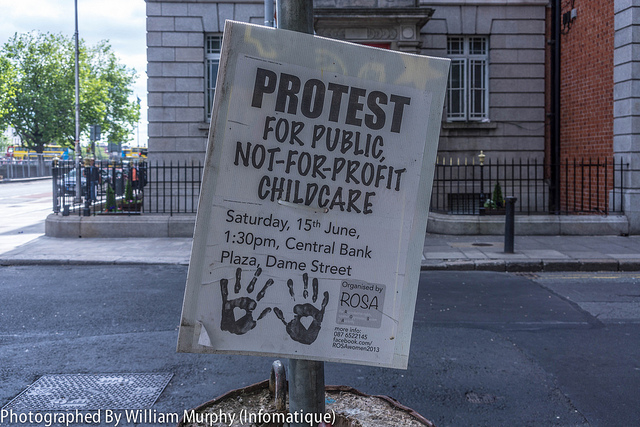One of the clearest memories I have from my only trip to Norway is the repeated failures at hitching a ride. What appeared to be an unbroken string of brand new Audi’s and BMW’s whizzed by my friend and I, dirty and sweaty after a few days hiking and camping in the mountains. “Where am I that the comforts of our rich assholes are the rights of common citizens?”, I remember thinking.
You’ve probably seen at least one article saying that Alberta should be more like Norway. I don’t want to rehash that debate. But I think we’ve gone about it the wrong way and seeing why can tell us a lot about today’s sparring over the Leap Manifesto.
Comparing Alberta unfavourably to Norway for squandering its oil wealth has been a familiar trope of media and progressive organizations, especially since the oil price crash (here’s just the CBC, Toronto Star and Globe and Mail). The comparison has become so ubiquitous that it has also spawned a cottage industry of counter–arguments from the right too. In short, Norway has been putting away the money it gets from oil in a sovereign wealth fund since 1990. The fund is now the world’s largest and worth over $1 trillion. Alberta’s fund, although older and actually the inspiration for Norway’s, is a paltry $15 billion. (Norway and Alberta have similar populations.)
The funny thing, however, is that Norway’s gigantic fund doesn’t pay for much of what the government does. Taxes do that. Take a look at the numbers. Public revenues in Norway at all levels of government are equal to over half of GDP (nearly 55% in 2014). Meanwhile, federal, provincial and local government revenues in Alberta make up somewhere around 30% of provincial GDP. That’s a massive difference. Alberta tax rates are lower: on individuals, on corporations and on consumption. In addition, the Norwegian government not only owns a majority share in its largest oil company, Statoil, but also taxes oil profits at a much higher rate. A special tax on “excess profits” takes the top marginal corporate rate on oil corporations to 78%.
